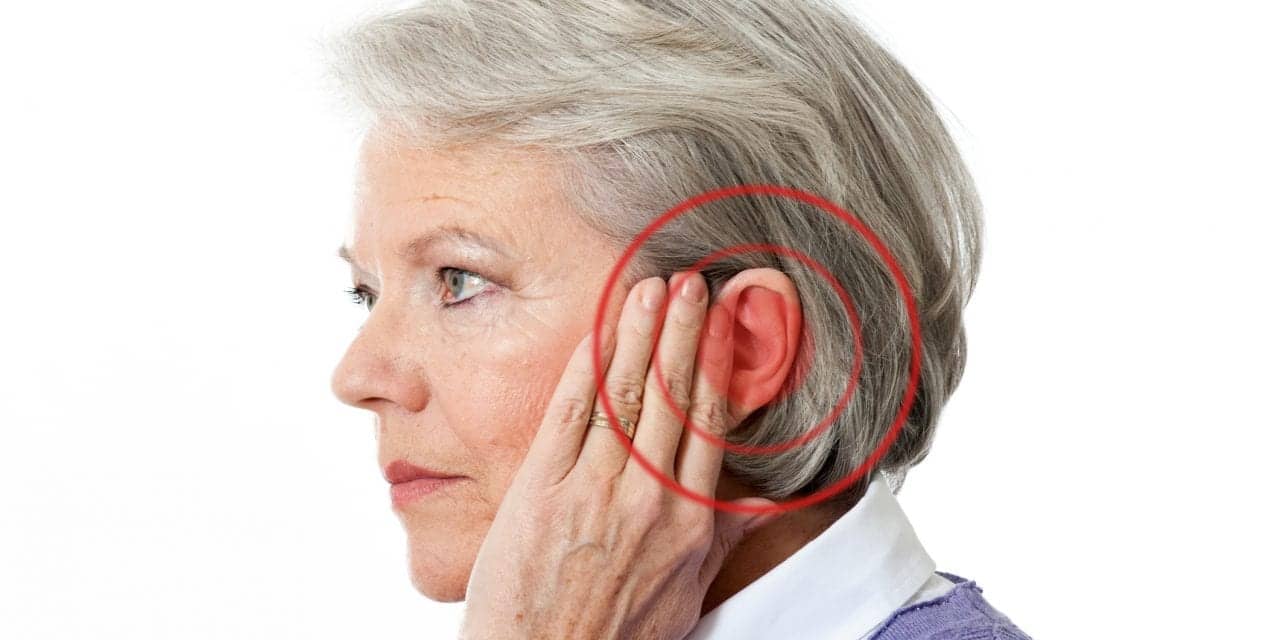Tinnitus: Some viruses, such as measles, mumps, and meningitis, can cause hearing loss. However, what about SARS-CoV-2, the COVID-19 virus?
In the early months of the pandemic, a rapid systematic review of COVID-19 and hearing problems revealed a possible link between COVID-19 and audio-vestibular symptoms (hearing loss, tinnitus and vertigo). However, the number and quality of early studies were limited. Now that the pandemic has been in effect for over a year, more research has been published, allowing researchers to determine the frequency of these symptoms.
My colleagues and I have identified approximately 60 studies in which people with COVID-19 report audio-visual problems. According to our data analysis, which was published in the International Journal of Audiology, 7 to 15% of COVID-19 adults have audio-vestibular symptoms. The most common symptom is tinnitus (ringing in the ears), followed by hearing problems and vertigo.
Tinnitus

Tinnitus is a common condition that affects about 17% of all adults. Most people with tinnitus also have hearing loss, which suggests that the two are closely related. In fact, tinnitus is often the first warning, for example, that exposure to loud noise or toxic drugs has damaged the ear system. Interestingly, tinnitus is a common symptom of long COVID, the symptoms of which are present for weeks or months after the infection is gone.
The auditory organ is very sensitive because most people experience tinnitus temporarily if they are in a very quiet environment. There are also strong tinnitus-stress links. If people are woken up, stressed and anxious at night due to imminent deadlines, financial worries, or sorrows, it is not uncommon to hear noises.
This is usually less troubling when stress and anxiety are removed. Surprisingly, tinnitus can not be diagnosed by a clinical test, so auditory specialists rely on self-reports.
It is unclear why tinnitus is reported in people with COVID-19 confirmed. Virus attacks and damage to the auditory system are possible. On the other hand, the pandemic can trigger mental and emotional stress. But we must be careful to interpret these results as it is not always clear whether studies report existing or new symptoms. Good quality studies comparing tinnitus in people with and without COVID-19 are lacking.
Hearing Loss And Vertigo

COVID-19 hearing problems have been reported in a wide range of years and COVID-19 severity, from mild (and controlled at home) to severe (requiring hospitalisation). There are several cases of sudden hearing loss in one ear, frequently accompanied by tinnitus.
Every year, about 20 people out of 100,000 suffer from sudden hearing loss. It is treated with steroids to reduce inflammation and swelling in the inner ear. However, treatment only works if it begins soon after hearing loss.
We know that viruses can cause sudden loss of hearing, so SARS-CoV-2 can report hearing loss in COVID patients. However, the global number of COVID-19 cases is so high that it is difficult to say with certainty whether sudden hearing loss is higher than what we normally expect every year.
Dizziness is another common COVID-19 symptom. It can be difficult to distinguish between this and rotating vertigo, which is caused by damage to the balance system in the inner ear. The best estimate, however, is that rotating vertigo occurs in approximately 7% of COVID-19 cases.
Start Of Our Understanding
Given the importance of timely evidence to inform health care services, it is important to welcome the findings of this new systematic review. However, the evidence has previously been based on surveys and case reports. Given the high prevalence of COVID-19, it is critical that no audio-vestibular symptoms are diagnosed when they are absent or coincidentally. The review’s findings may only represent the beginning of our understanding of this emerging state of health.
Clinical and diagnostic studies comparing a sample of people who tested positive for COVID-19 to people who did not test positive for COVID-19 are lacking. To that end, we are conducting a year-long study to investigate the long-term impact of COVID-19 on the audio-vestibular system of people who have previously been infected with the virus.
Don’t forget to follow us on Twitter @njtofficial. To get latest updates









